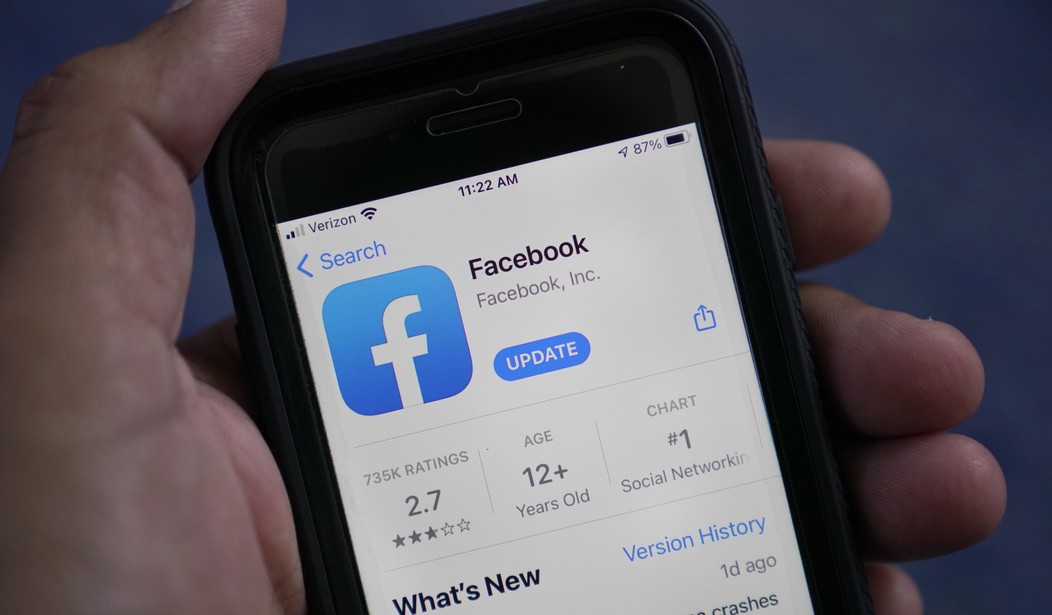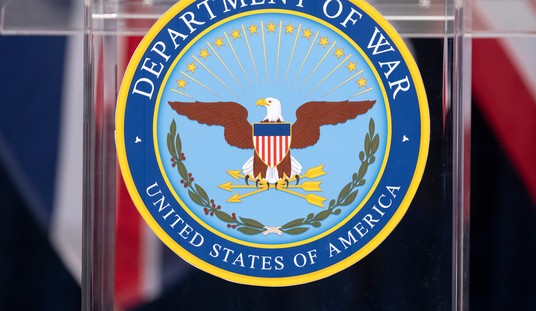Along with shutting down “misinformation” on COVID-19 and vaccines, Facebook has quite a reputation for shutting down religious views it doesn’t agree with; most notably pages that are pro-Israel or that are focused on traditional religious and Christian values.
Back in May, Jewish Business News reported on the shutting down of the Jerusalem Prayer Group page, a known pro-Israel organization, after it was the victim of a cyberattack by pro-Palestinian hackers.
Jerusalem Prayer Group has had its page shut down by Facebook. The group is crying foul, claiming that it was the victim of anti-Israel hackers. The Christian religious group had more than 75 million followers for its Facebook page.
They banned Rev. Franklin Graham, son of the Rev. Billy Graham and president of Samaritan’s Purse, from posting on the site for 24 hours.
This has been going on for years, as this 2018 Federalist article documents:
A West Virginia pastor, Rich Penkoski, has had his Warriors for Christ FB page (with its 225,000 followers) shut down for a year or so because he said, “If you are a homosexual, statistically speaking, you are more likely to be a pedophile” (go here, here, and here). He says he has been routinely harassed and threatened by LGBTQ activists on Facebook but FB administrators have done nothing.
On December 10, 2017 Brazilian blogger Julio Severo received a 30-day FB suspension for writing in Portuguese: “As Christians, we should love homosexuals, murderers, rapists, pedophiles and all the other sinners. Only Jesus’s love can do it in us.” According to Facebook administrators, this comment fell (absurdly) under one of the following forbidden categories: “offers of sexual services, solicitation of sexual materials, threats or depictions of sexual violence, threats to share intimate images or any sexual content involving minors.”
Facebook selectively shut down pages, but it was all in for churches to switch to online-only during the pandemic. Facebook Live and video feature access was expanded and accommodated so that Zuck could capitalize on all those views, personal information, and the money that followed. Sadly, a majority of churches went like lambs to the slaughter, and took their congregants along with them.
Now Facebook wants to capitalize on the lockdowns and isolation that built an “online faith community” with a new feature called, “Prayer Posts”
From the Religious News Service:
The new Facebook feature? Prayer posts. The function will allow members of Facebook groups to ask for and respond to prayer requests.
A Facebook spokesperson confirmed to Religion News Service that the social media platform is currently testing the prayer post feature.
The idea for prayer posts grew out of the myriad ways users have connected over Facebook while distancing during the COVID-19 pandemic, according to the spokesperson.
“Our mission to give people the power to build community extends to the world’s largest community; the faith community,” Nona Jones, head of Global Faith Partnerships at Facebook, said in a written statement to RNS.
“As a local church pastor with my husband, I know very well how disruptive the last year has been for people of faith and the houses of worship that serve them,” Jones said. “This is why we are committed to finding ways to build the tools that help people connect to hope on Facebook.”
TIL… Facebook is testing a prayer posts feature for groups pic.twitter.com/H18SDIpui3
— Matt Navarra (@MattNavarra) June 3, 2021
This is not only laughable, but extremely hypocritical, and they are rightly being called out by religious leaders. Bravo!
Let us prey.
— D.K.R. Boyd (@ReflectingMan) June 3, 2021
From OANN:
Social media giant Facebook has received massive backlash from religious communities after launching its newest feature of a prayer button. On Friday, several members of various faith communities spoke against the new “prayer” feature by calling it a sick attempt at monetizing religion.
Facebook is like an abusive spouse. Slapping religious groups around one minute by banning its pages and events, then trying to coddle them and bring them back in with soothing words and kind gestures. It’s maddening, if it wasn’t so sickening.
Those in the religious community have expressed the new feature made them feel exploited by Facebook.
“You have to assume that they’re trying to exploit you in some way or the other, so I don’t know any reason why this would be an exception and because it’s about our spiritual life it seemed especially gross”
They also questioned what the social media giant hoped to gain from the new feature and what data would be gathered from it.
“Drilling down to the level of collecting information about the kind of things that people actually ask prayer for or if they’re just collecting the kind of people who would be likely to be asking prayer and then targeting them for ads about spiritual things,” Fisher explained. “You just always have to assume it’s about money in one way or another.”
According to Facebook, faith groups are seen as a vital community in order to boost engagement on the social media platform.
Then there is easy access to data on people who hold religious views and perspectives outside of the chosen narratives, so that you can easily isolate, persecute, and purge those who hold traditional faith and values, while platforming and encouraging those who do not.
I am a part of several Prayer pages, both public and private on Facebook, so it’s not like religious people need an extra feature or incentive to do this. If Facebook was really on the pulse of this community, they’d know this and just leave people alone.
This is clearly Facebook’s way of making it appear they are unifying and encouraging one big religious tent, while hiding their true agenda. And there is always an agenda.
Facebook’s motto: We can’t beat ’em or get rid of their data, so let’s monetize them!
Peak Facebook. Let’s hope this one continues to go down in flames.















Join the conversation as a VIP Member